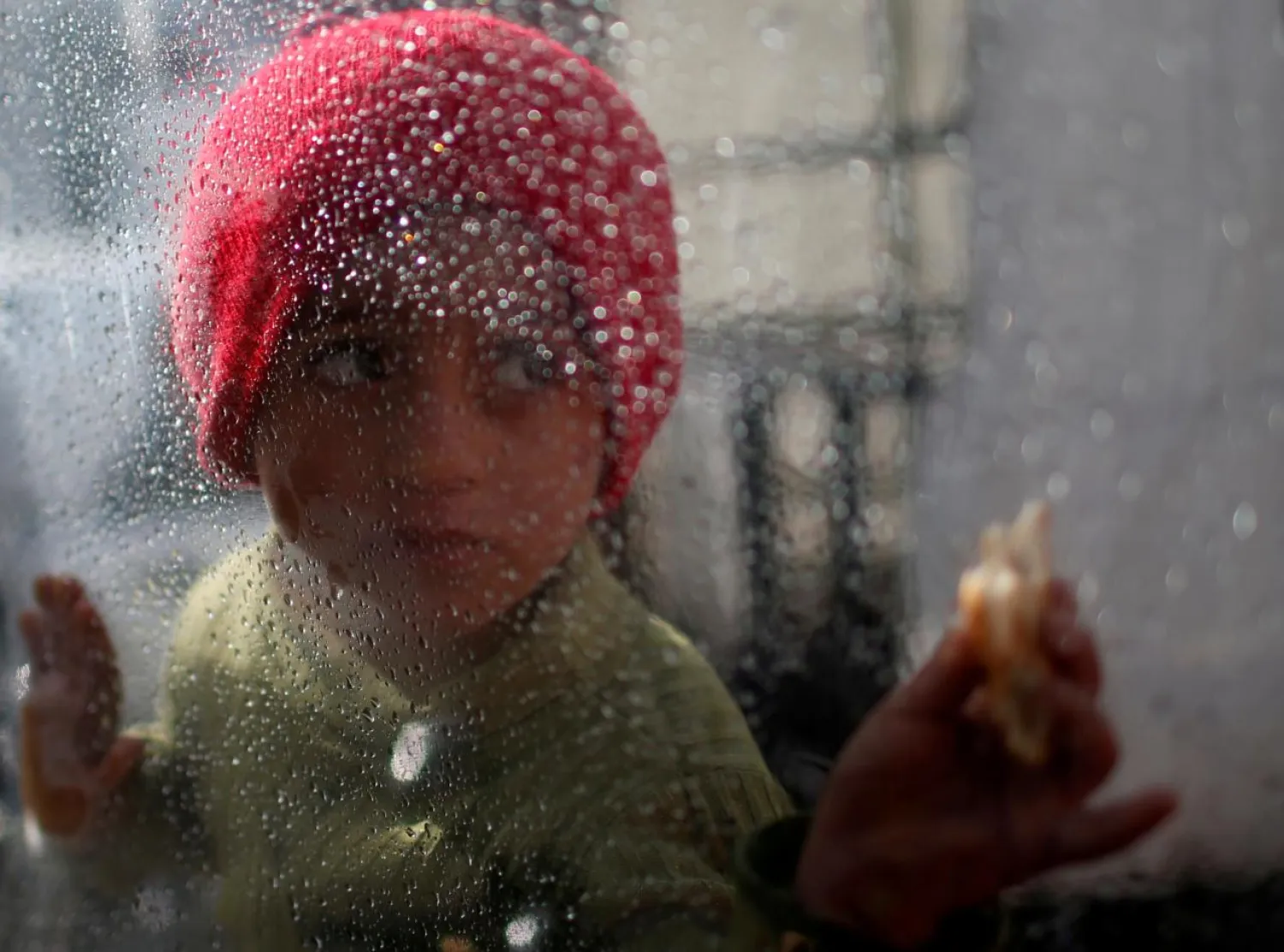Vice President Mike Pence is making his fifth visit to Israel, packing two key policy decisions in his bags that have long been top priorities for him: designating Jerusalem as Israel's capital and curtailing aid for Palestinians.
Pence departed as scheduled Friday evening.
Senior White House officials said security issues, countering terrorism and efforts to push back against Iran would figure prominently during Pence's trip, which concludes on Tuesday.
Since his days in Congress a decade ago, Pence has played a role in pushing both for the shift in US policy related to the capital and for placing limits on funding for Palestinian causes long criticized by Israel, the Associated Press reported.
Traveling to Israel just as Palestinians have condemned recent decisions by President Donald Trump's administration, Pence will arrive in the region as a longtime stalwart supporter of Israel who has questioned the notion of the US serving as an "honest broker" in the stalled peace process, the news agency said.
"The United States certainly wants to be honest, but we don't want to be a broker," Pence once told the Christian Broadcasting Network in 2010. "A broker doesn't take sides. A broker negotiates between parties of equals."
The vice president will hold four days of meetings in Egypt, Jordan and Israel during his visit, the first to the region by a senior administration official since Trump announced plans in December to designate Jerusalem as Israel's capital and begin the process of moving the US embassy from Tel Aviv, angering Palestinian leaders, who decided to shun him.
According to the AP, Pence played a steady role in pushing for the shift in US policy. The decision upended past US views that Jerusalem's status should be decided in negotiations between Israel and the Palestinians, who claim east Jerusalem as the capital of their future state.
His trip will also follow Tuesday's announcement that the US is withholding $65 million of a planned $125 million funding installment to the UN Relief and Works Agency, which provides health care, education and social services to Palestinians in the West Bank, Gaza Strip, Jordan, Syria and Lebanon.
In a Dec. 15 letter to UNRWA Commissioner-General Pierre Krähenbühl, State Department Comptroller Eric Hembree had pledged $45 million to the West Bank/Gaza Emergency Appeal.
“The United States plans to make this funding available to UNRWA in early 2018,” according to the letter, seen by Reuters. “An additional letter and contribution package confirming this contribution will be sent by or before early January 2018.”
The United States had made clear to UNRWA that the $45 million was a pledge aimed at helping the agency with “forecasting,” but it was not a guarantee, Nauert told reporters at a regular State Department briefing.
“At this time, we will not be providing that, but that does not mean - I want to make it clear - that does not mean that it will not be provided in the future,” Nauert said.
She repeated the US view that UNRWA needs reform, saying there are a lot more refugees in the program than previously, and that “money coming in from other countries needs to increase as well to continue paying for all those refugees.”
“So we’re asking countries to do more,” Nauert said. “Fundamentally, we just don’t believe that we have to be the chief donor to every organization around the world.”
Despite the decision on the food aid pledge, she said: “We are the most generous country on the planet. We continue to be.”









